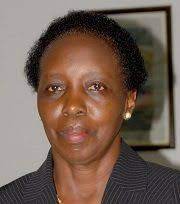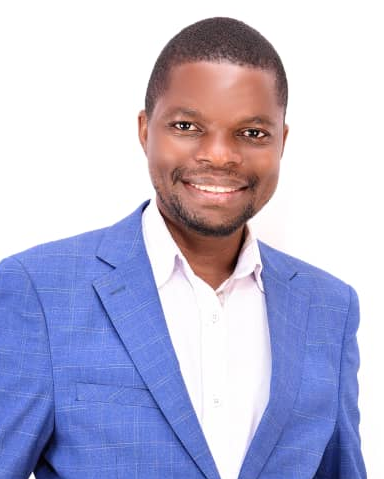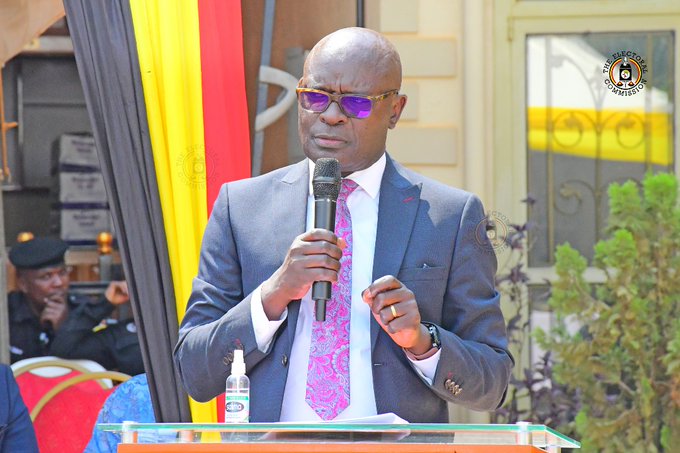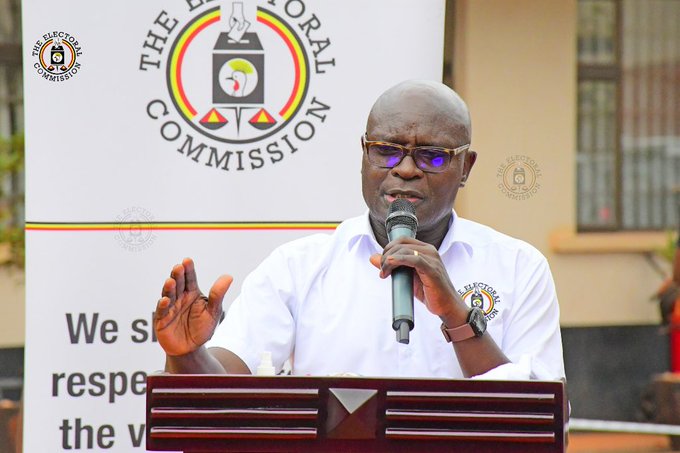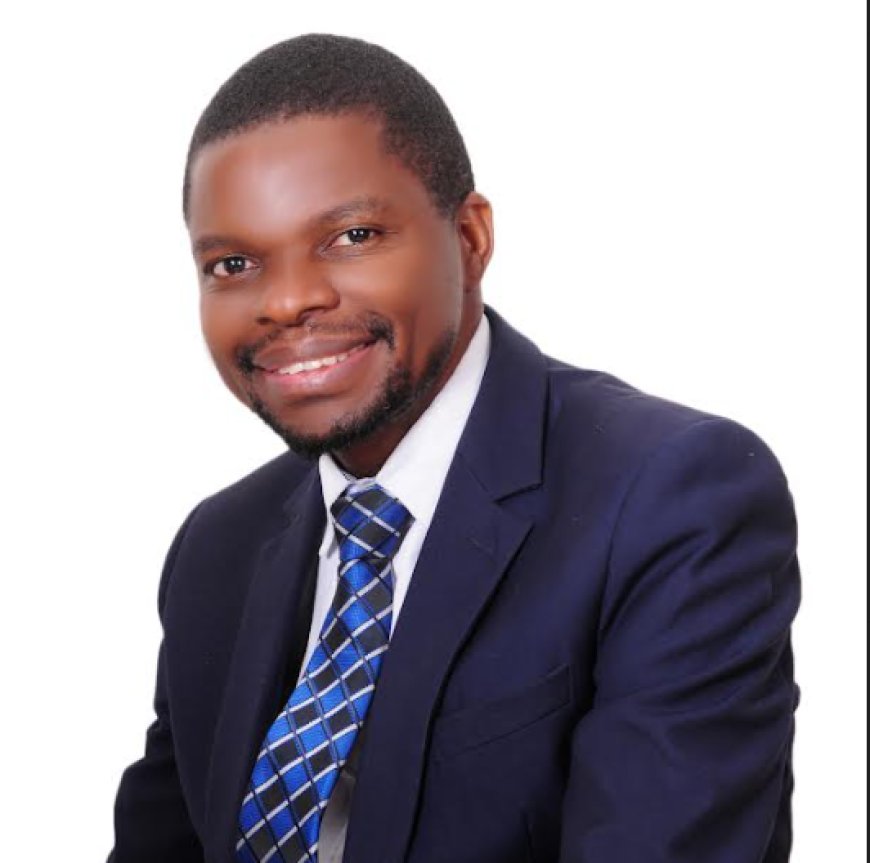By ResearchFinds Editorial Team
A new report has named Uganda’s top 500 scientists and best research universities.
In the University category, Makerere University leads the pack while in the individual scientist category, Prof Harriet Mayanja Kizza leads.
While Makerere University needs no introduction, our ResearchFinds desk has found Prof. Harriet Mayanja-Kizza little-known in media circles who needs introduction.
According to the Infectious Diseases Institute’s website, Harriet Mayanja- Kizza is a professor of internal medicine and immunology and former dean of the School of Medicine at the Makerere University College of Health Sciences.
Prof. Mayanja-Kizza is a researcher in the area of HIV/tuberculosis co-interaction, immuno-pathogenesis and immune-modulation treatment among patients with HIV and pulmonary tuberculosis.
Professor Mayanja-Kizza has co-authored over 40 papers in this field over the last 15 years. Other areas of research that Prof. Mayanja-Kizza has ventured into include: clinical trials in new anti-tuberculosis treatments; improved ways of diagnosis, prevention, management of tuberculosis with and without HIV infection; HIV/TB immune-pathogenesis; immune responses in newly HIV infected adults; epidemiology studies in neonates and adolescents in preparation for clinical trials sites in new tuberculosis vaccines in high endemic country sites.
Prof. Mayanja-Kizza has also mentored many students, has supervised over 20 graduate training students and has been an external examiner at various universities in Africa.
She has served on many national and international bodies; as a WHO advisor in the area of tuberculosis and clinical research towards new TB vaccine research studies, IAVI, Uganda Heart Institute, the Ugandan Medical and Dental Practitioners Council, Hospice Africa (Uganda) Board chair and the Makerere University Council.
The Report:
The report is derived from the acclaimed AD Scientific Index (Alper-Doger ScientiH-index fic Index).
This is a world ranking and analysis system based on the scientific performance and the added value of the scientific productivity of individual scientists.
From its popular website, The “AD Scientific Index” is the first and only study that shows the total and the last five-year productivity coefficients of scientists based on h-index and i10 index scores and citations in Google Scholar.
The h-index is an author-level metric that measures both the productivity and citation impact of the publications, initially used for an individual scientist or scholar. According to the online-free content encyclopedia, an h-index of 20 is good, 40 is outstanding, and 60 is truly exceptional.
Accordingly, successful scientists are considered to be those armed with high h-indices. For example, 84% of Nobel Prize winners in physics, had an h-index of at least 30.
Thus, a good hi-index can be useful for identifying the centrality of certain researchers as researchers with a higher h-index will, in general, have produced more work which is considered important by their peers, observes Professor Jorge Eduardo Hirsch, an Argentine American professor of physics at the University of California, San Diego.
On the other hand, the i10-Index, created by Google Scholar, ranks author impact- which is the number of publications the researcher has written that have at least 10 citations.
The AD Scientific Index (Alper-Doger Scientific Index), unlike other systems that provide evaluations of journals and universities, is a ranking and analysis system based on the scientific performance and the added value of the scientific productivity of individual scientists. Furthermore, it provides rankings of institutions based on the scientific characteristics of affiliated scientists.
According to the AD Scientific Index, the 2022 new index has been developed by Prof. Dr. Murat ALPER (MD) and Associate Prof. Dr. Cihan DÖĞER (MD) by using the total and last 5 years’ values of the i10 index, h-index, and citation scores in Google Scholar.
In addition, the ratio of the last 5 years’ value to the total value of the abovementioned indexes is used.
Using a total of nine parameters, the “AD Scientific Index” shows the ranking of an individual scientist by 112subject (Agriculture & Forestry, Arts, Design and Architecture, Business & Management, Economics & Econometrics, Education, Engineering & Technology, History, Philosophy, Theology, Law / Law and Legal Studies, Medical and Health Sciences, Natural Sciences, Social Sciences and Others), 256 branch, 14,153 institution, 215 country, 10 region (Africa, Asia, Europe, North America, Oceania, Arab Leageu, EECA, BRICS, Latin America and COMESA) and in the world.
The “AD Scientific Index” is the first and only study that shows the total and the last five-year productivity coefficients of scientists based on the h-index and i10 index scores and citations in Google Scholar.
Besides the indexing and ranking functions, AD Scientific Index sheds life on academic lives and offers the user the opportunity to perform an efficient academic analysis to scrutinize and detect faulty and unethical profiles, plagiarism, forgery, distortion, duplications, fabrication, slicing, salamization, unfair authorship, and several manifestations of academic mobbing. Such analyses also help reveal the medium and long-term results of several policies implemented by institutions, including those of the academic staff employment and retention policies, wage policies, academic incentives, and scientific working environments.
The detail:
ResearchFinds understands that the world’s best scientific scholars were arrived at under a specially designed identification tool code-named “AD Scientific Index” which tracked individual scientists’ Scientific Productivity and value over the last preceded 5 years of work, research and publication.
To be captured into the list of more than 1m globally-acclaimed eminent researchers, whose works were evaluated for the research, one had to have an active and verified “Google Scholar Profile” implying they have been publishing their Scientific Scholarly works which equally must have been cited or referenced upon by fellow Scientific scholars not less than 15 times to facilitate their own publications.
Inclusion on the huge “AD Scientific Index” implies the featured researchers and scientists or scholars are highly prized globally among the eminent members of the Scientific/research fraternity. It also means the included researchers have been productive in their scientific scholarly works without ever being implicated in any unethical conduct that is characteristic of plagiarism, forgery, distortion, duplication, fabrication and other forms of academic mobbing.
The information regarding each of the prized scholars, who ended up prominently featuring on the list of the world’s greats, was collected from open sources and one’s productivity coefficients for the preceding 5 years is all that had to be established. This open sourcing was captured from sources like Google Scholar profile, web of science, scopus and publons. Whereas some of these are public, open and easily accessible sources, the authors of the “AD Scientific Index” also relied on information contained in sources that require subscription.
The list of the world’s most meritorious scientists and scholars was arrived at through what the authors described as “a very robust intellectual infrastructure” though there could be some very good or even better scientists excluded simply because their “Google Scholar” profiles weren’t easily accessible or existed but had never been verified for authentication. Dead scholars were also excluded just like those whose names featured in referenced but jointly authored scholarly articles.
A notable Ugandan news website mulenegranews.com reports that when it came to Uganda, which has a good number of its Universities and research institutions included, Makerere (which is the country’s undisputed Premier University) carried the day as it produced the largest number of prized scholars who were drawn from disciplines like Agriculture & Forestry, Education, Design & Architecture, Business & Management, Economics & Econometrics, Engineering & Technology, History, Philosophy, Law, Medical & Health Sciences and Natural Sciences among others.
First 100 Ugandan scientists for 2022:
- Harriet Mayanja-Kizza Makerere University, Medical and Health Sciences / Medicine
- Andrew Kambugu/ Infectious Diseases Institute
- Charles B. Niwagaba/ Makerere University Engineering & Technology / Civil Engineering
- Frank Kansiime Uganda/Makerere University Engineering & Technology / Environmental Science & Engineering Environmental Ecotechnology.
- Josaphat Byamugisha Uganda Makerere University/ Medical and Health Sciences.
- Nazarius Tumwesigye/ Makerere University/ Medical and Health Sciences.
- Francis Bajunirwe/Mbarara University of Science and Technology/ Medical and Health Sciences.
- David Guwatudde Uganda/ Makerere University/ Epidemiology and Biostatistics.
- Angelina Kakooza Mwesige/Makerere University/College of Health Sciences.
- Stephen Lawoko Opio/ Gulu University/Medical and Health Sciences / Epidemiology and Public Health.
- Joseph Ntayi/Makerere University Business School/ Business & Management / Strategic Management.
- Paul Bangirana/ Makerere University/Social Sciences / Neuropsychology.
- Paul Waako/Busitema University/Medical and Health Sciences.
- John Tabuti/Makerere University/Natural Sciences / Biological Science.
- Lawrence Mugisha/ Makerere University/Medical and Health Sciences / Veterinary Sciences.
- Jackson Orem/Uganda Cancer Institute/ Oncology.
- Nakanjako Damalie/ Infectious Diseases Institute/Makerere University College of Health Sciences.
- Banadda Noble/Makerere University/ Agricultural and Biosystems Engineering.
- Patrick Kyamanywa/ Uganda Martyrs University/ General Surgery.
- Stella Nyanzi/Makerere University/Social Sciences.
- John Muyonga/Makerere University/Engineering & Technology / Food Science and Engineering.
- Peter Olupot-Olupot/ Busitema University/Medical and Health Sciences.
- Kwizera Arthur/ Makerere University/Anaesthesia and intensive care.
- J. Oloka-Onyango/ Makerere University/Law and Legal Studies.
- David Patrick Kateete/Makerere University/Medical and Health Sciences / Infectious Diseases/ Molecular Biology.
- Anne Ruhweza Katahoire/ Makerere University/ Health Promotion and Development.
- Benon Asiimwe/ Makerere University/Medical and Health Sciences / Medical Microbiology.
- Vincent Muwanika/Makerere University/ Conservation Biology.
- Philip Nyeko/Makerere University/ Agriculture & Forestry.
- Elizabeth Mutoni/ Kampala International University/ Economics & Econometrics.
- Kennedy Onyelowe/ Kampala International University/Engineering & Technology / Engineering AI in Geotechnics.
- Johnny Mugisha/ Makerere University/Agricultural Economics.
- George W. Nasinyama/Kampala International
- University/Medical and Health Sciences / Veterinary Sciences.
- Ethel Nakimuli- Mpungu/Makerere University/Medical and Health Sciences / Psychiatry.
- Charles Mugisha Rwenyonyi/Makerere University/Medical and Health Sciences / Dentistry.
- Chrisostom Ayebazibwe/ Makerere University Medical and Health Sciences.
- Innocent B. Rwego/ Makerere University Natural Sciences / Biological Science/ Disease ecology.
- Erisa Mwaka/ Makerere University/ Medical and Health Sciences / Anatomy Medicine.
- Richard Edema/ Makerere University/Agriculture & Forestry / Plant Science.
- Godfrey Asea/National Agricultural Research Organization/ Plant Breeding|Genetics.
- Wilson Winstons Muhwezi/ Makerere University/ Medical and Health Sciences / Medical Education/ Mental Health.
- Jerome Kubiriba/ National Agricultural Research Organization/Plant Pathology|Pest Management Biotechnology.
- Frank N. Mwiine/ Makerere University/ Medical and Health Sciences / Veterinary Sciences.
- Jacob Godfrey Agea/ Makerere University/ Natural Sciences
- Vincent Pius Alibu/ Makerere University/Medical and Health Sciences / Parasitology/ Molecular Parasitology.
- Charles Onyutha/ Kyambogo University/Engineering & Technology / Civil Engineering.
- Donald Rugira Kugonza/ Makerere University/Medical and Health Sciences / Veterinary Sciences.
- Felix Bongomin/ Gulu University/ Medical and Health Sciences / Infectious Diseases.
- Ssennoga Twaha/Kyambogo University/Engineering & Technology / Electrical & Electronic Engineering.
- Benon C Basheka/ Kabale University/ Business & Management / Public Administration Governance.
The authors of the report, who stress their independence to illustrate the extent to which they acted independently, hope that their voluminous report can guide Universities, governments and the international community in developing meaningful academic incentives and policies leading to the making of better and more helpful remuneration-related decisions and thereby leading to staff retention at the 14,200 prestigious academic institutions that were assessed, mulengeranews.com observes.
Common names shine
In what will intrigue some and leave many of her haters weeping in envy, outspoken researcher Dr. Stella Nyanzi prominently features on the list. She is actually ranked among the 12 best and most prized researchers Makerere University had in the last 5 years preceding the “AD Scientific Index,” mulenegranews.com observes.
The other names common in media circles that have shone, are: Ass. Prof Merchach Katusiime, the Dean of the Faculty of Social Sciences at Kabale University
The voluminous report ranks her among the 20 best scholars for the whole country Uganda. At the Africa continental level, she is ranked among the 2,918 best and most prized impactful and productive scholars. That her scholarly works were of “great scientific value.” And at the global level, the former Kampala Woman MP candidate is ranked among the world’s 233,726 best and most productive scholars. Remarkably Nyanzi is ranked over and above some of Uganda’s reputed scholars like Makerere Law School’s much revered Prof Joe Oloka Onyango. Click here to view full “AD Scientific Index” report featuring Uganda’s best scientists and scholars.

